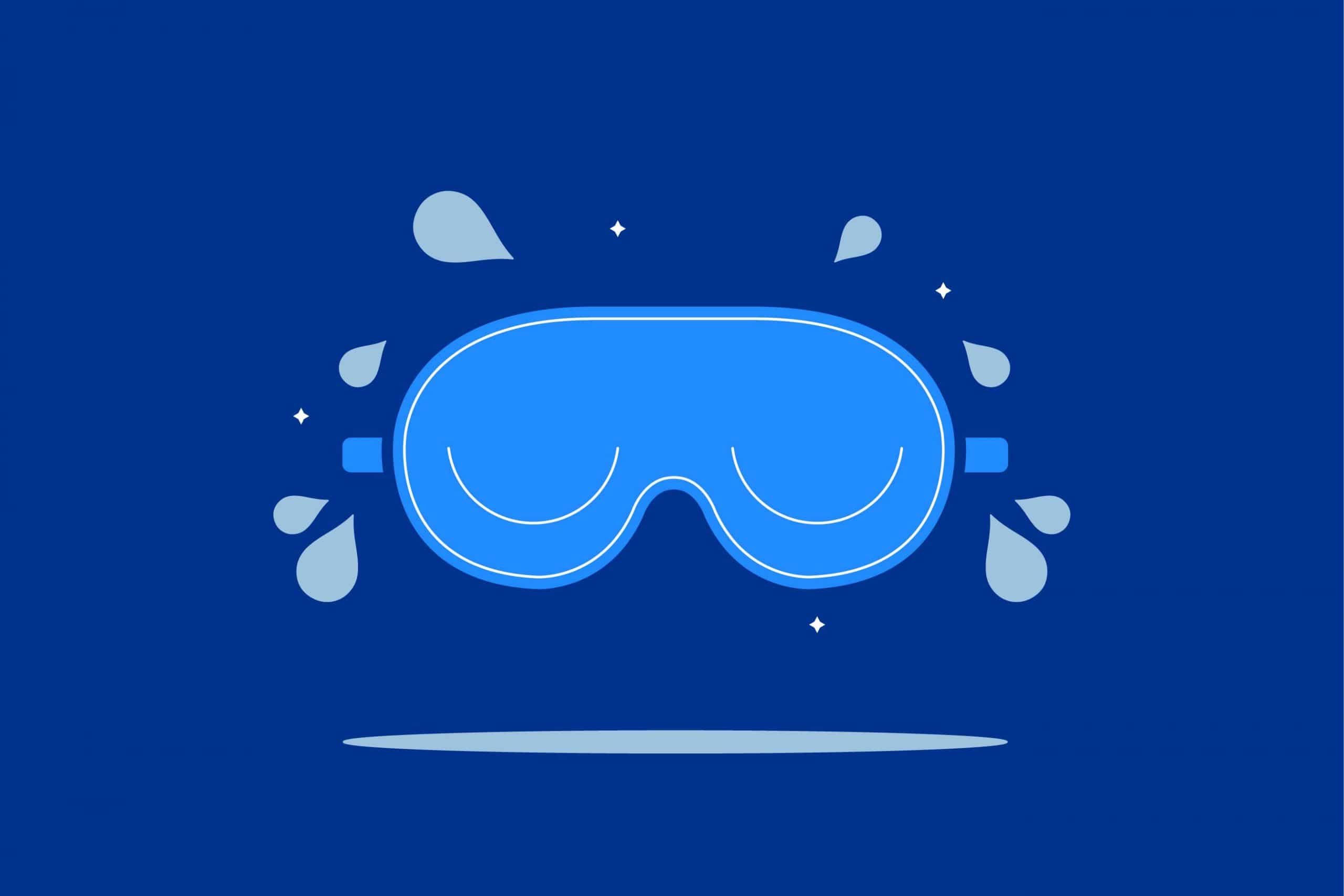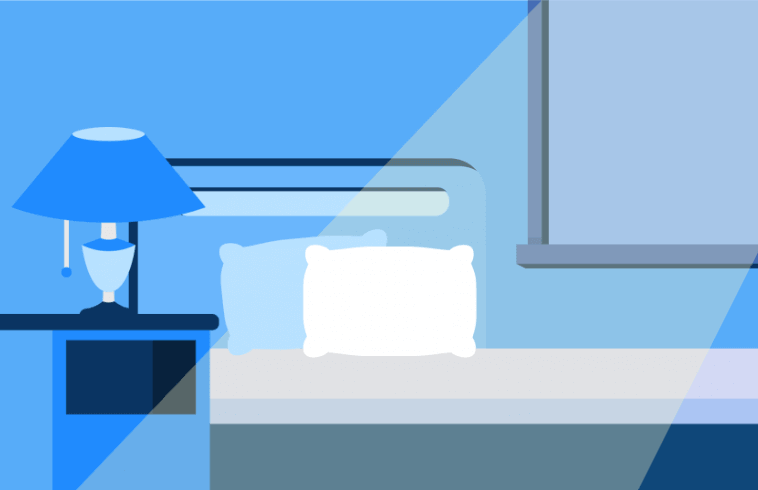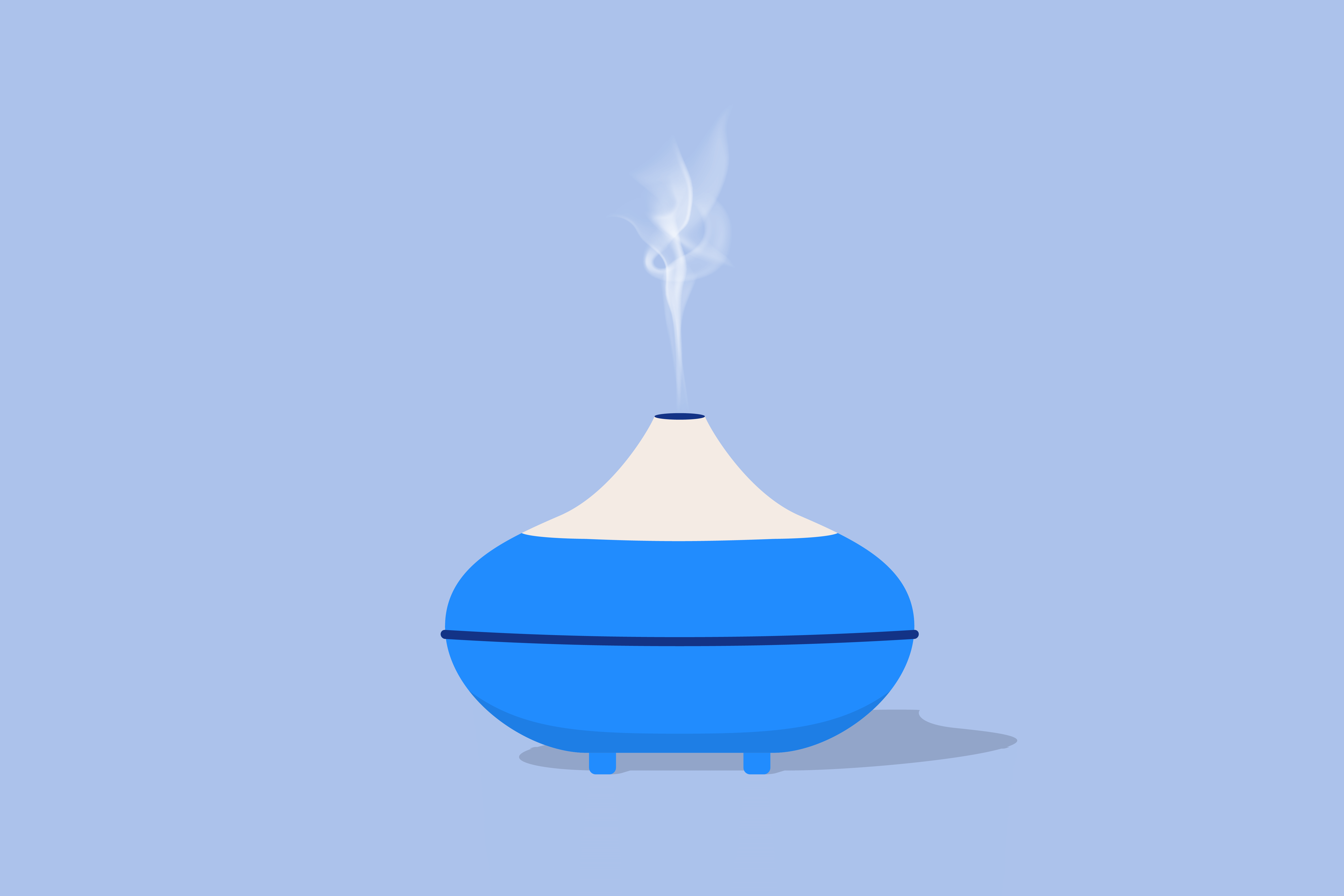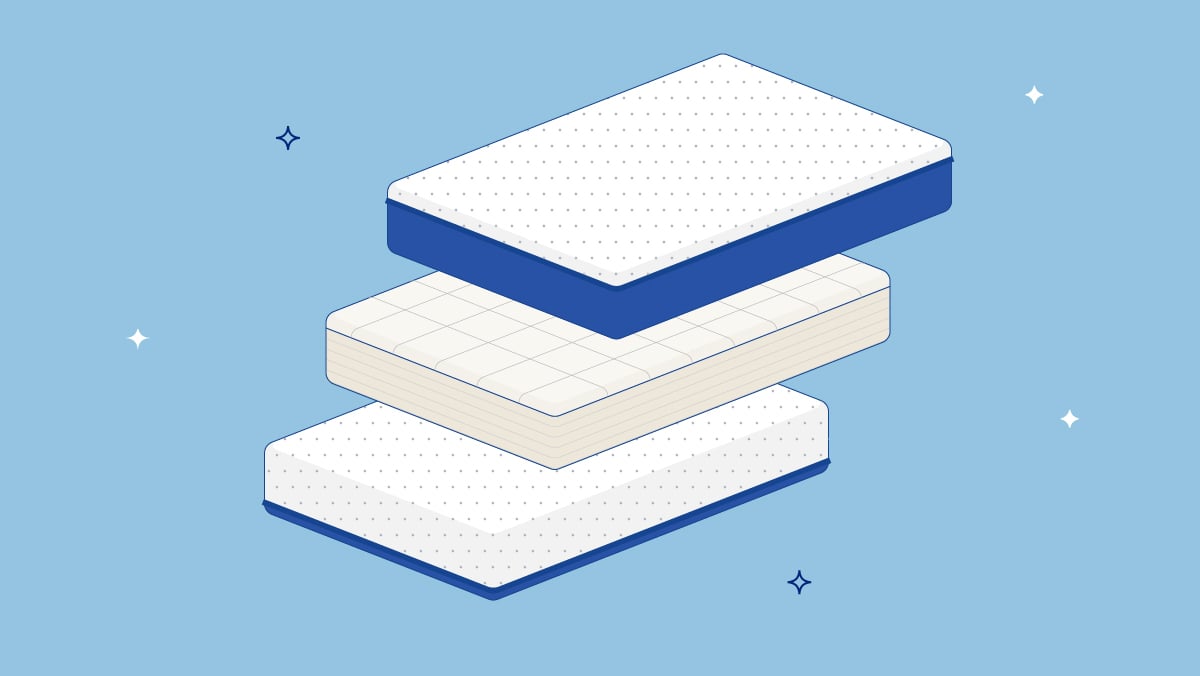Key Takeaways
- Common but Potentially Sign of Underlying Issues: Night sweats, or sleep hyperhidrosis, are common and may not always be related to room temperature or excessive bedding. While they are usually harmless, they can also be a symptom of underlying health conditions, including hormonal imbalances, infections, certain medications, or neurological disorders.
- Various Causes: Night sweats can be caused by a wide range of factors, including hormonal imbalances (such as hyperthyroidism), pregnancy-related changes, hypoglycemia in people with diabetes, idiopathic hyperhidrosis (excessive sweating without an apparent cause), infections (like tuberculosis or HIV), and even certain cancers. Identifying the root cause is essential for effective treatment.
- Improving Sleep Environment: Maintaining a comfortable sleep environment with the right room temperature, proper ventilation, suitable sleepwear, and cooling bedding materials can help alleviate night sweats. However, if night sweats persist despite these efforts, it is advisable to consult a healthcare provider for further evaluation and potential treatment options.
Waking up shivering or sweating at night is never a comfortable feeling. But if you are experiencing night sweats often, there may be an underlying cause.
Sweating at night is common and according to a study, out of the many patients visiting primary care physicians, 41 percent experienced night time sweats— and these instances of excessive perspiration at night were not related to an overheated room, too many blankets, or hyper-insulating pajamas.
Nighttime sweating is usually harmless, but sometimes it may be a symptom of a lurking infection or a latent health condition.
What Are Night Sweats
Night sweats, also known as sleep hyperhidrosis, are repeated episodes of persistent sweating at night that may drench your clothes and bedding. Night sweats are not dependent on your sleep ambiance and occur irrespective of having the bedroom set to an optimal environment.
Causes of Night Sweats
Extreme perspiration at night leads to sleep disruptions. There are a number of possible causes for night sweats: hormone imbalance, hypoglycemia associated with diabetes, some medications, inadequate room temperature, and viral/bacterial infections to name a few.
Hormone Imbalance
Sometimes the body’s inability to secrete required levels of certain hormones leads to disorders due to hormonal imbalances. Common hormone disorders like hyperthyroidism, carcinoid syndrome, and pheochromocytoma are associated with night sweats.
Gender can also determine hormonal imbalances. Low testosterone can drive night sweats in men, while in women it can be hormonal fluctuations from the menstrual cycle or the hormonal changes that come with menopause.
Pregnancy
Sometimes night sweats in women are common in pregnancy and post-pregnancy phase because the body experiences change in certain hormonal secretions during this period. Perspiration is also a way to shed some excess fluids that the body may be retaining.
Hypoglycemia
When the body experiences hypoglycemia or low blood sugar levels, its natural defense mechanism triggers a flight-or-fight response by producing additional adrenaline. This hormone is known to cause heavy sweating. People who take insulin as part of diabetes medications may experience a drop in blood sugar levels at night, causing night sweats.
Idiopathic Hyperhidrosis
Hyperhidrosis is a skin disorder characterized by abnormal excessive sweating. When hyperhidrosis occurs spontaneously, it’s called Idiopathic Hyperhidrosis. This condition manifests itself as sleep hyperhidrosis or night sweats at bedtime. Though not very common, 2.8 percent of the US population is thought to be affected by this.
Infections
Night sweats are often seen as a side effect of many infectious diseases like tuberculosis, human immunodeficiency virus (HIV), or bacterial infection. Perspiration is the body’s natural response when overheated or impacted by a disease-causing agent.
Congestive Heart Failure (CHF)
Congestive heart failure refers to a stage in which the heart can’t pump efficiently due to fluid buildup around it. There are many symptoms of CHF like wheezing, fatigue, irregular heartbeat, and sometimes night sweats.
Cancer
Sweat-soaked bedclothes and bedding may be an early warning sign of cancer like leukemia, lymphoma, or prostate or thyroid cancer. For those with cancer, night sweating is often accompanied by other symptoms like fever or sudden loss of appetite or weight.
Anxiety
Anxiety impacts your nervous system. When you are anxious your nervous system remains perennially activated, leading to excess sweating. Stress almost always leads to sweating and for those with anxious personalities, stress causes night sweats.
Neurological Disorder
Any structural, biochemical, or electrical abnormalities in the brain, spinal cord or other nerves lead to symptoms of a neurological disorder. Night sweats are sometimes associated with certain neurological conditions like autonomic neuropathy, stroke, and autonomic dysreflexia.
Sleep Apnea
Untreated sleep apnea might lead to night sweats. Sleep apnea is a breathing disorder in which breathing momentarily stops during sleep. In some cases, this may result in choking or a snoring sound. However, sleep apnea can still be a cause of night sweats even absent choking or snoring. When this condition goes untreated, it sometimes leads to night sweats.
Obesity
Excess weight adds layers of insulation to your body, preventing natural thermoregulation as you sleep. When your body cannot naturally regulate temperature, the body temperature goes up causing night sweats.
Side Effect of Certain Medications
Many medicines including antidepressants, over-the-counter pain and fever reducers like acetaminophen, and chemotherapy can lead to night sweats as a side effect.
How to Fix Night Sweats
Excessive perspiration is always a bother, but night sweats add to your woes because they disrupt sleep. Sleep disruptions prevent your body from fully restoring and rejuvenating itself, leaving you tired and unable to perform your day-to-day activities.
The problem of night sweats has to be fixed by treating its cause. It will help in eliminating the problem from its root. If your sleep ambiance is perfect, then consult a doctor to rule out the possibility of an underlying health disorder.
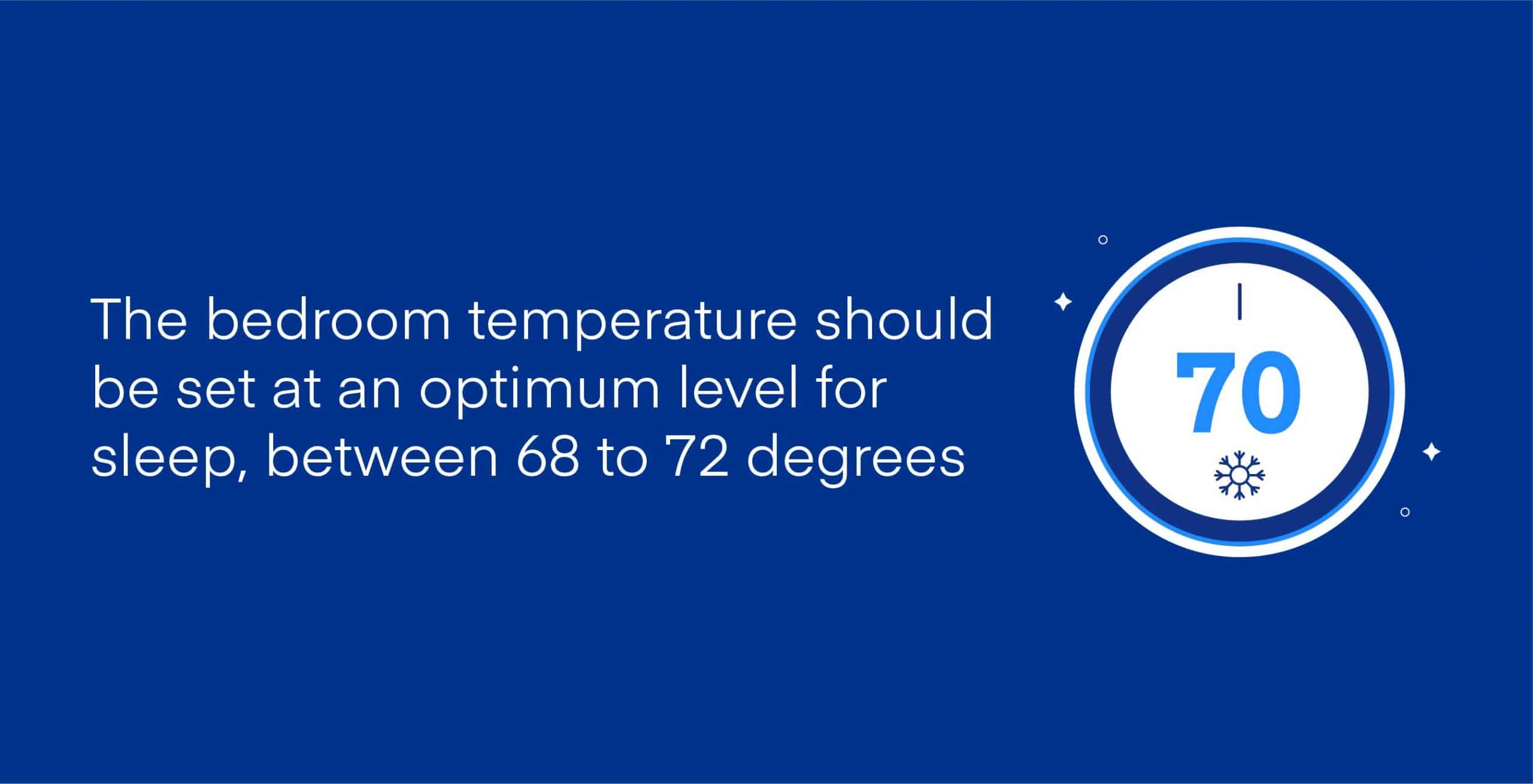
Ensure that you have a perfect sleeping ambiance with:
- The bedroom temperature set at an optimum level for sleep, between 68 to 72 degrees
- Well-ventilated bedroom with the fan on
- Wear comfortable cotton clothing as nightwear
- Use a cooling mattress suited to your needs
- Use cooling sheets, like cotton, bamboo, or linen
- Avoid spicy food before bed, because it heats up your body
According to Michele Roberge, RT(R), RPSGT, a neurodiagnostics lead technologist at Parrish Sleep Disorder Center, “The part of the brain that is responsible for regulating our body temperature, the hypothalamus, is the same part of the brain that transitions our brain to sleep. If your body temperature is too hot or too cold, the hypothalamus will have a more difficult time focusing energy on shutting off the arousal signals and initiating sleep. Thus, it is very important to keep a comfortable room temperature at night.”
If you continue to experience frequent episodes of night sweats, despite following steps for a cool, comfortable atmosphere, then we recommend consulting a doctor. Depending on the cause of night sweats, doctors may suggest medications or hormone therapy for treatment.
FAQs
Should I worry about night sweats?
Night sweats are usually harmless, but if you continue to experience night sweats despite making all efforts to sleep cool, then we recommend consulting your health care provider.
When to show a doctor for night sweats?
When your night sweats disrupt your sleep, occur at very frequent intervals, and are accompanied by other symptoms like unexplained weight loss, severe loss of appetite, and coughing, it’s time to talk to a doctor.
Which type of specialist treats night sweats?
Different kinds of specialists treat night sweats, depending on the cause. Internal medicine specialists, family practitioners, and pediatricians are usually the first to see these cases. Depending on the cause, they may refer you to other specialists.
Conclusion
Night sweats are usually harmless because it is not a serious medical condition. When they continue to occur at frequent intervals, it may indicate an underlying health problem. It is best to consult a doctor to determine the cause. Taking basic sleep hygiene steps may be enough to eliminate those night sweats for good.
About the author
Sanchita Sen is a full-time writer focusing on the sleep health and mattress industry. She is a former journalist who has written numerous articles on the healthcare sector. Some of the topics she has covered include how to lucid dream, fever dreams, melatonin for sleep, and best gel memory foam mattress. Sanchita holds a Master of Arts in Communications from Convergence Institute of Mass Media and Information Technology Studies. She is also a published author, who seeks inspiration from both real life and the world of fiction.
View all posts